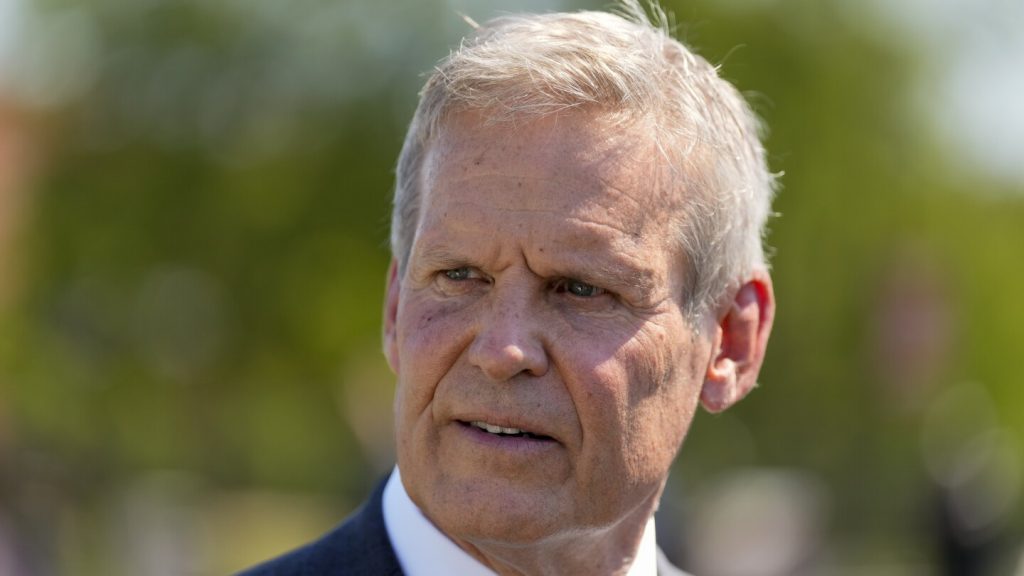Governor Bill Lee of Tennessee has signed two controversial bills into law that will restrict adults from helping minors obtain abortions or gender-affirming care without parental consent. These laws are set to go into effect on July 1 and are expected to face legal challenges. The first bill prohibits any adult from assisting a pregnant minor in obtaining an abortion without consent and carries a penalty of a Class A misdemeanor, which includes a nearly one year imprisonment sentence. Supporters of this bill argue that parents have the right to be involved in their daughters’ wellbeing and should not be kept in the dark about such important decisions.
The second bill targets adults who help minors receive gender-affirming care without parental consent, making Tennessee the first state to enact such a law. This legislation closely resembles an anti-abortion trafficking law, which has already been challenged and temporarily blocked in Idaho. Critics of the Tennessee bill argue that it is unconstitutional and may infringe on freedom of speech and expression. Organizations like the ACLU and Planned Parenthood are considering legal challenges to the law, but are also exploring ways to comply with it if necessary. The bill does not include exemptions for minors who may have been raped by their parents or guardians.
Tennessee’s abortion ban prohibits the procedure at all stages of pregnancy, with limited exemptions for cases such as molar pregnancies, ectopic pregnancies, and to save the life of the mother. However, the language surrounding “reasonable medical judgment” has raised concerns about its vagueness and potential for legal challenges. A group of women is currently suing to clarify the state’s abortion ban, and a court decision is expected soon on whether the lawsuit can proceed or if the law will be placed on hold during the legal battle. Despite these challenges, Governor Lee has consistently supported restrictive laws on abortion and gender-affirming care during his time in office.
The bills signed by Governor Lee have sparked controversy and drawn criticism from reproductive rights advocates and civil liberties groups. Opponents argue that these laws will harm minors and limit their access to essential healthcare services. Tennessee’s legislation is part of a broader trend of conservative-led states enacting restrictive measures on abortion and gender-affirming care. Legal challenges are expected to be filed in response to these laws, adding to the ongoing debate over reproductive rights and healthcare access. As the implementation date approaches, the future of these laws in Tennessee remains uncertain.


